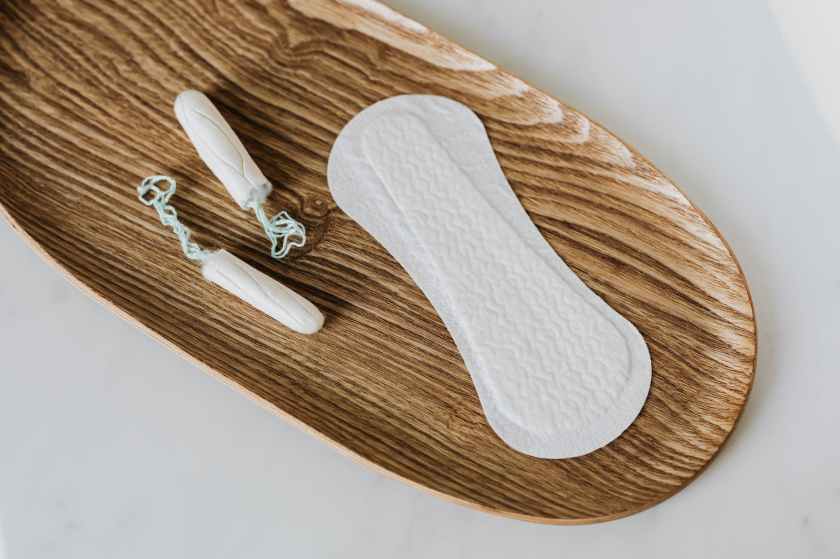By Megan Lockhart
500 million people lack access to menstrual products and hygiene facilities and 16.9 million people who menstruate in the US are living in poverty.
“Period poverty” is being unable to afford products such as pads, tampons, or liners to manage menstrual bleeding. This can result in people who menstruate having to use rags, toilet paper, cardboard, grass, or paper towels. These items may also be unsanitary which can lead to infection and poor health. People may also use their products for extended periods of time so they do not have to use as much product. Period poverty also encompasses the lack of access to hygiene facilities such as hand washing facilities, toilets, and waste management/disposal sites for your hygiene products.
There is also a lot of stigma surrounding menstruating and periods in many communities and countries. The main stigma surrounding periods is that it is dirty, and this causes many people who menstruate to feel embarrassed or ashamed of their periods. This only makes menstruating and providing resources to menstruate safely an even harder topic to talk about and tackle. Stigma plays a significant role in why this crisis has not yet been addressed. Instead of seeing menstruation as a medically healthy and normal process, stigma equates it with filth and disgust. Due to the stigma around periods, discussions concerning product accessibility, the tampon tax, and even the ingredients in our pads and tampons are avoided.
“Access to menstrual products is a right, and feeling clean, confident, and capable during one’s period is a necessity. We can all work toward menstrual equity, and the opportunities are boundless.”
Period poverty and stigmas especially affect low-income people and low-income countries. Young people who menstruate are often required to miss numerous days of school or perhaps quit school altogether when they have their period in various nations (including Kenya and Uganda). Young people who menstruate are denied the right to an education as a result, and this frequently affects the rest of their lives. Another study discovered disturbing instances of sexual exploitation when women and girls were made to have transactional sexual behavior in order to get sanitary pads in rural western Kenya, where 63% of the population makes less than $1 per day. Although it was uncommon, 10% of 15-year-olds did report it.
One of the main ways to start fighting this epidemic is to fight the stigmas and stereotypes that are perpetuated regarding periods. Fighting these stigmas can help open doors for conversations to be had regarding resources to allow people who menstruate to do so safely. Another phenomenal example of how to make a change is shown in the documentary, Period End of Sentence. The short documentary follows a group of local women in Hapur, India, as they learn to make and run a machine that produces inexpensive, biodegradable sanitary napkins that they then sell to other women for a reasonable price. This contributes to the economic future of their society while also assisting in improving feminine hygiene by giving access to basic supplies and supporting/empowering women to break India’s taboos surrounding menstruation. Another way to help provide access to menstrual products is by supporting local movements that have projects focused on this issue.


